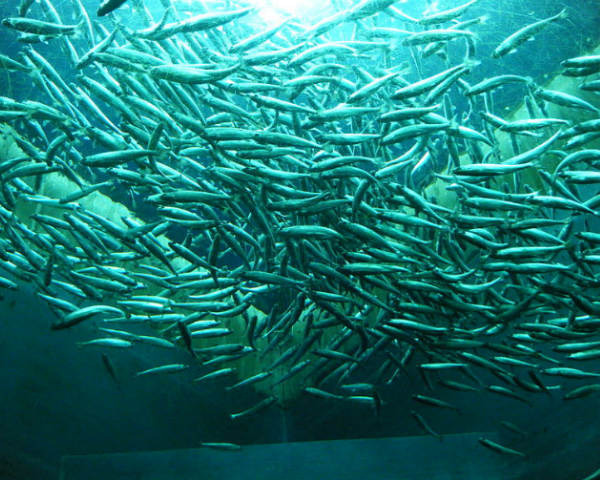EU Cracks Down On Overfishing
Overfishing and weakened fish populations are major environmental problems, but some progress has been made. Now, with new laws set to take effect in January, the European Union is pushing to enforce more sustainable practices and hopefully see more progress even more quickly.
According to Spiegel, the new laws impose stricter maximum catch restrictions, with the goal of having all fish populations fished only to "the maximum sustainable yield" by 2020. They also count unwanted, unintentionally caught in the quotas, which is intended to create an incentive for fishermen to use more selective fishing methods.
The new rules also apply to EU fishermen operating outside of Europe, which will stop European fishermen from simply setting up shop off the coast of Africa and fishing as much as they want.
According to Spiegel, "The objective is to regulate fishing in such a way that fish stocks can stabilize or even grow in the long term, as well as to enable fishermen to continually harvest 'the maximum yield with minimum effort.'" The reform should benefit fishermen in the long-term, some experts say, because in the future there will be more fish to catch.
So far sustainability efforts in the EU have been surprisingly effective. Fish stocks in the North and Baltic seas that were long considered overfished have been making a surprising comeback, which bodes well for the future of fish-eaters.
"We are headed in a very good direction with fish stocks in the Baltic Sea," said fish biologist Martina Bleil. "Anyone who eats plaice or herring doesn't have to feel guilty about it anymore."
